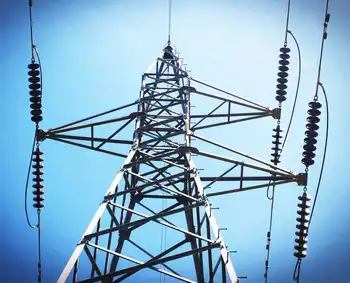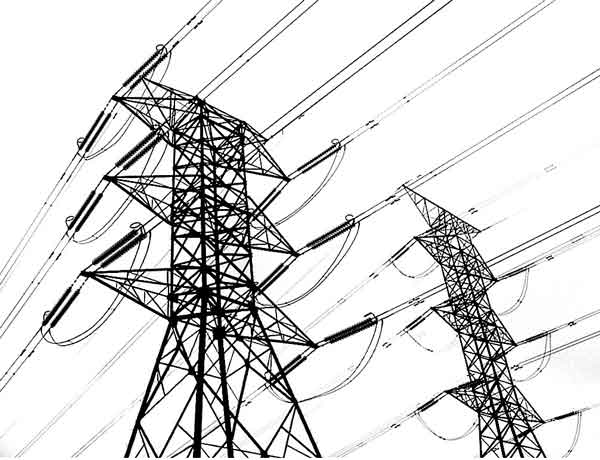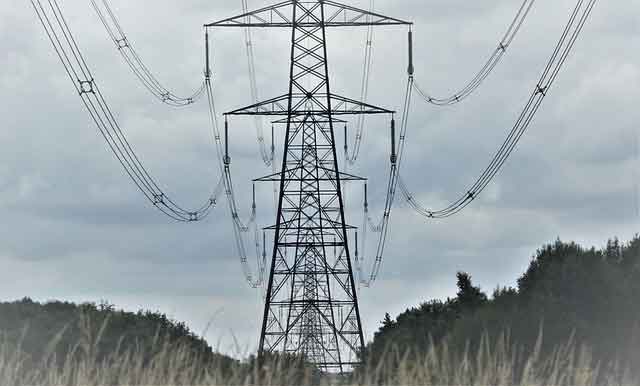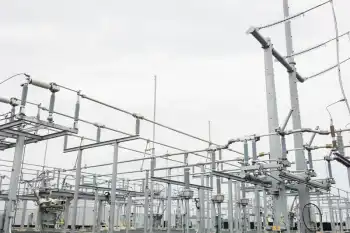More Managers Charged For Price Fixing At Ukraine Power Producer

Arc Flash Training CSA Z462 - Electrical Safety Essentials
Our customized live online or in‑person group training can be delivered to your staff at your location.

- Live Online
- 6 hours Instructor-led
- Group Training Available
DTEK Rotterdam+ price-fixing case scrutinizes alleged collusion over coal-based electricity tariffs in Ukraine, with NABU probing NERC regulators, market manipulation, consumer overpayment, and wholesale pricing tied to imported coal benchmarks.
Key Points
NABU probes alleged DTEK-NERC collusion to inflate coal power tariffs via Rotterdam+; all suspects deny wrongdoing.
✅ NABU alleges tariff manipulation tied to coal import benchmarks.
✅ Four DTEK execs and four NERC officials reportedly charged.
✅ Probe centers on 2016-2017 overpayments; defendants contest.
Two more executives of DTEK, Ukraine’s largest private power and coal producer and recently in energy talks with Octopus Energy, have been charged in a criminal case on August 14 involving an alleged conspiracy to fix electricity prices with the state energy regulator, Interfax reported.
They are Ivan Helyukh, the CEO of subsidiary DTEK Grid, which operates as Ukraine modernizes its network alongside global moves toward a smart electricity grid, and Borys Lisoviy, a top manager of power generation company Skhidenergo, according to Kyiv-based Concorde Capital investment bank.
Ukraine’s Anti-Corruption Bureau (NABU) alleges that now four DTEK managers “pressured” and colluded with four regulators at the National Energy and Utilities Regulatory Commission to manipulate tariffs on electricity generated from coal that forced consumers to overpay, reflecting debates about unjustified profits in the UK, $747 million in 2016-2017.
DTEK allegedly benefited $560 million in the scheme.
All eight suspects are charged with “abuse of office” and deny wrongdoing, similar to findings in a B.C. Hydro regulator report published in Canada.
There is “no legitimate basis for suspicions set out in the investigation,” DTEK said in an August 8 statement.
Suspect Dmytro Vovk, the former head of NERC, dismissed the investigation as a “wild goose chase” on Facebook.
In separate statements over the past week, DTEK said the managers who are charged have prematurely returned from vacation to “fully cooperate” with authorities in order to “help establish the truth.”
A Kyiv court on August 14 set bail at $400,000 for one DTEK manager who wasn’t named, as enforcement actions like the NT Power penalty highlight regulatory consequences.
The so-called Rotterdam+ pricing formula that NABU has been investigating since March 2017, similar to federal scrutiny of TVA rates, was in place from April 2016 until July of this year.
It based the wholesale price of electricity by Ukrainian thermal power plants on coal prices set in the Rotterdam port plus delivery costs to Ukraine.
NABU alleges that at certain times it has not seen documented proof that the purchased coal originated in Rotterdam, insisting that there was no justification for the price hikes, echoing issues around paying for electricity in India in some markets.
Ukraine started facing thermal-coal shortages after fighting between government forces and Russia-backed separatists in the eastern part of the country erupted in April 2014. A vast majority of the anthracite-coal mines on which many Ukrainian plants rely are located on territory controlled by the separatists.
Overnight, Ukraine went from being a net exporter of coal to a net importer and started purchasing coal from as far away as South Africa and Australia.











